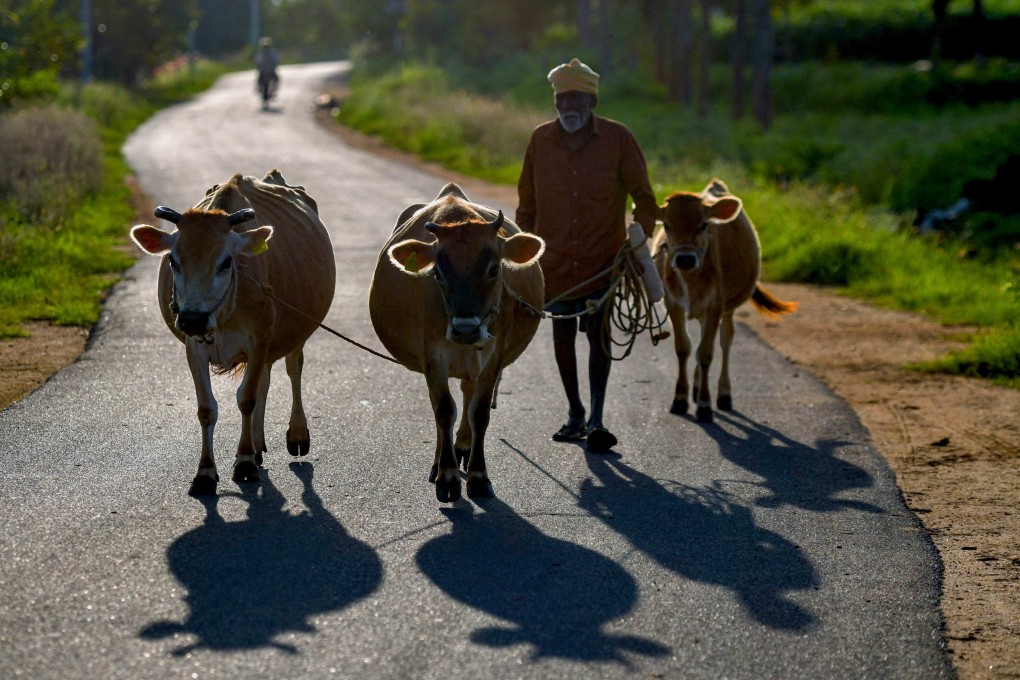Letters | Brouhaha over India’s vegetarian diet and meat ban smacks of hypocrisy
- Readers discuss vegetarianism in India and criticism of BJP and its allies, and the characterisation of China as the aggressor in the Asia-Pacific region

To put things in perspective, much of the beef consumed by Indians comes from buffaloes rather than cows. Only around 2 per cent of Hindus consume beef, though Kerala is a notable exception with cow meat being widely consumed there.
Different surveys put the number of vegetarians in India at between 20 per cent and 39 per cent of the population. Even at the lower end of the estimate, that is around 260 million people. Even when Indians do consume meat, more than 90 per cent do not do so on a daily basis.
India has one of the world’s lowest levels meat consumption at 4.5kg per person, according to 2017 data, compared to 61.7kg per person in China and 121kg in the United States. Meat eating has never been an essential part of the average Indian diet.
Hindu scriptures might not prohibit the consumption of meat to all, other than the flesh of cows, but they do encourage a vegetarian diet as being more conducive to fulfilling a morally upright and spiritually enriching lifestyle.